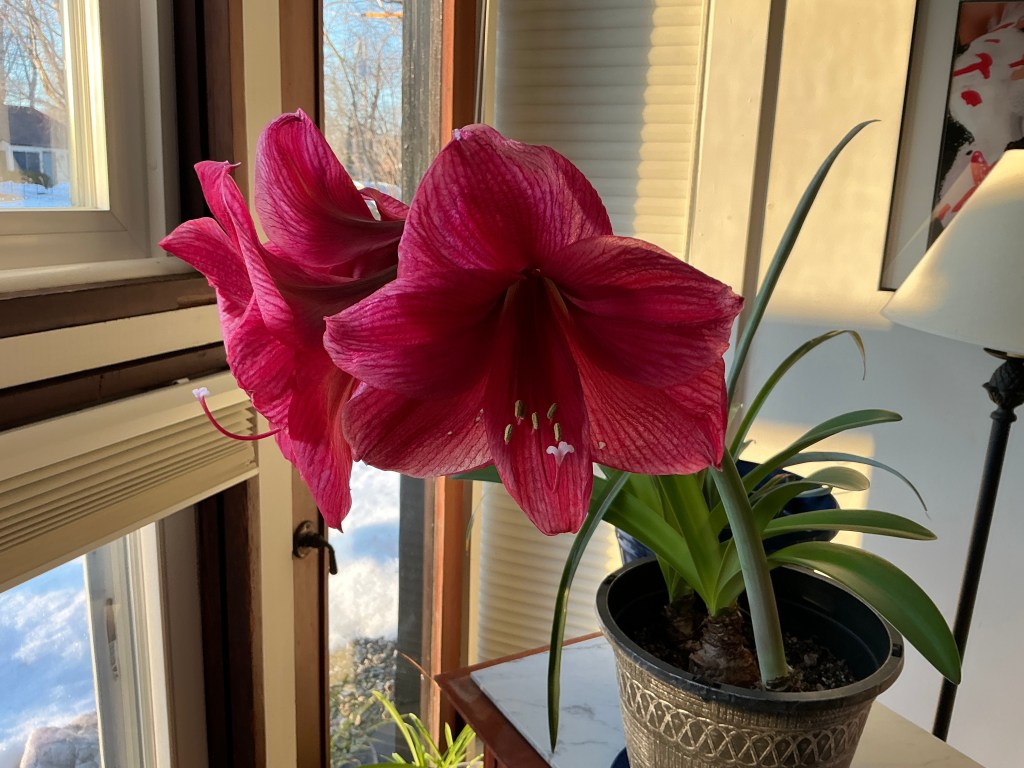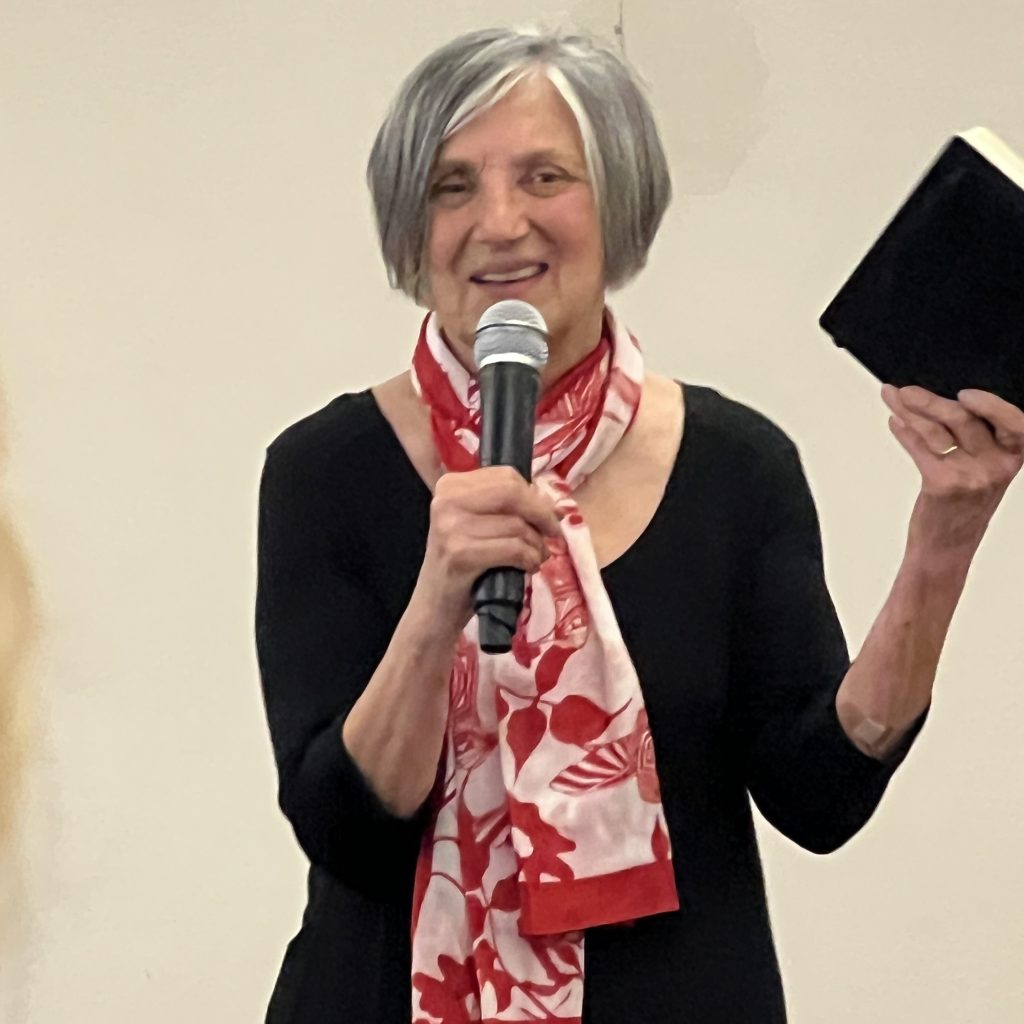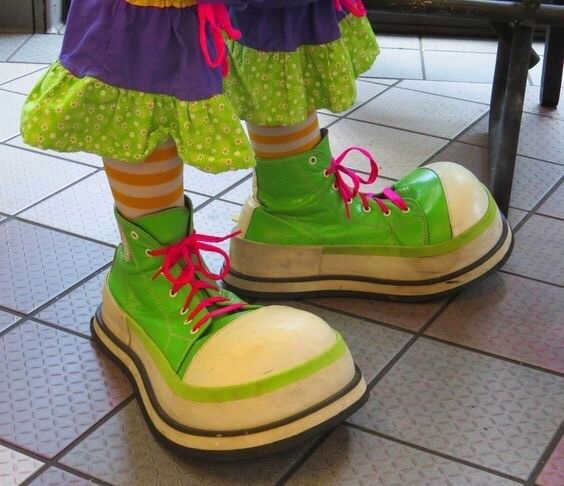Latest
-

This is a story about love….sort of
Even in difficult times, we can think about love, can’t we? My flash fiction piece entitled “The Heart is Always Red” just appeared in the literary review Discretionary Love. I hope you love my characters as much I loved creating them. You can read the piece here: http://discretionarylove.com or here: The Heart is Always Red…



